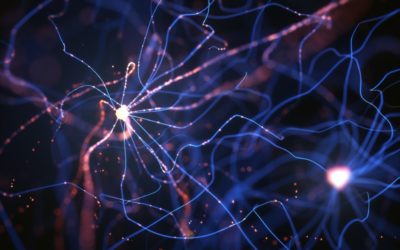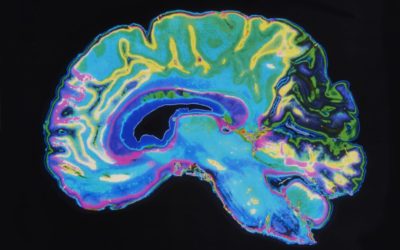Quick Hits
Daily brief research updates from the cognitive sciences

Recently I reported on one conundrum of learning in groups: that of optimal group formation i.e. should you group learners with similar ability or diverging ability for the best average learning outcomes.
That question seems to have been resolved. However, there remain other questions such as how does group interaction affect learning?
A recently published study by Stephanie Halmo et al. of the University of Georgia has given us some interesting new insights into this.
To do this the researchers recorded the conversation of students in breakout groups in collaborative learning tasks. They analysed the conversation and identified a number of meta-cognitive statements that helped to move learning forward these included asking for clarification, checking that the discussions and reasoning was guiding towards the actual goals of the group, but also, importantly, of correcting other students.
This correcting of other students seems to be particularly important – not just for the person being corrected but the whole groups. It is likely also the most difficult to do because of politeness or fear of conflict – yet this shows this is precisely the most important thing to do and serves the collective.
Another interesting feature and one that is counter intuitive is that long periods of silence were also indicative of better learning – in this group work we may often think of talkative groups as being the most effective but the data showed otherwise.
There could be multiple reasons for this: lack of attention, lack of deep thought, a constant barrage of chatter, etc. It goes against our intuitions because if we see groups chatting a lot, we perceive high collaboration and therefore assume effective learning. This applies to the group itself as well as the educator guiding this learning.
So, all in when learning in groups, do interact, but be thoughtful, guide towards the goal, and do correct others when suitable. That will make group learning more effective. And I’ve certainly just learned something.

Andy Habermacher
Andy is author of leading brains Review, Neuroleadership, and multiple other books. He has been intensively involved in writing and research into neuroleadership and is considered one of Europe’s leading experts. He is also a well-known public speaker, speaking on the brain and human behaviour.
Andy is also a masters athlete (middle distance running) and competes regularly at international competitions (and holds a few national records in his age category).
References
Stephanie M. Halmo, Emily K. Bremers, Sammantha Fuller, Julie Dangremond Stanton.
“Oh, that makes sense”: Social Metacognition in Small-Group Problem Solving.
CBE—Life Sciences Education, 2022; 21 (3)
DOI: 10.1187/cbe.22-01-0009
More Quick Hits
Why Too Much Talent May Harm Performance
This may sound like a strange thing to say – but talent and team coordination are different things…
How Nutrition Can Increase Motivation – In the Brain
Fascinating study on how antioxidants (and therefore also nutrition) in the brain can increase motivation…
Mindfulness Intervention as Effective as Drugs in Anxiety Disorders
An important study showing how mindfulness is as effective as medication – without the side effects…
New Insights into How the Teenage Brain Develops
Teenagers’ brains go through substantial changes – and now we know more of some of these…
Screen Time Boosts Wellbeing in Teenagers!
Screen time is considered a modern technological evil – maybe not so for teenagers…
Taking Photographs of Slides Improves Memory of Presentations
Taking pictures has been shown to reduce memory – but this study shows the opposite…






